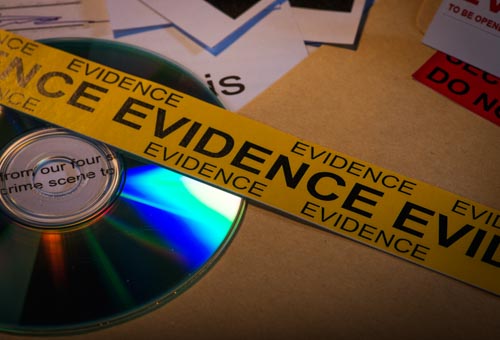All you need to know about Preserving Digital Evidence for Civil Litigation
Imagine this common scenario, someone
leaves a company after many years and starts working for a competitor business
in the same business park. It is suspected that the employee may have taken
private company info with them, such as client, supplier and pricing lists.

No matter what company information it might
be, when it is suspected that the employee may have stolen digital assets then
it is vital that the company takes the right steps to ensure the evidence is
protected and preserved, especially if it is needed in a possible civil
litigation.
For example, at our OSINT (Open-Source Intelligence) department we receive a call from a client stating that they
suspect their former employee took important propriety information with them
when they left. They still have the former employee’s computer in the office,
here’s what we’ll do next…
First, we’ll tell the client to immediately isolate
the computer in question. If the computer is turned off, then it needs to be
left off for the moment. The computer should be kept in a secure location to
ensure that it stays off, however, if it is already switched on then we’ll
advise that it is disconnected from the network.
Do not touch the computer or interact unless
you’re a digital forensics examiner or investigator.
Many people do not realise that switching
the computer on can affect hundreds of files and a lot of the data that is
still on the computer.
It is vital to call our OSINT or Digital Forensics department as soon as humanly possible! Contact us on 021 110 0422
email contact@osint.co.za | contact@tcgforensics.co.za. Alternatively, you can learn more about our services from www.osint.co.za
or www.tcgforensics.co.za
Our investigators are professional and
trained plus we have all the correct, specialised hardware and software tools
to allow us to capture forensically-sound copies of the hard drive and all the data on the computer in question, which is
vital when it comes to civil litigation.
Please feel free to contact us about our
open-source intelligence and digital forensics services!
Comments
Post a Comment